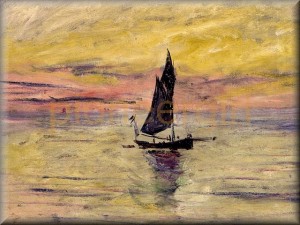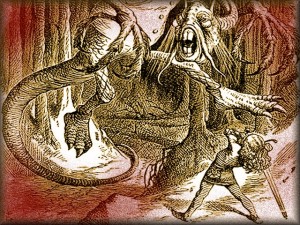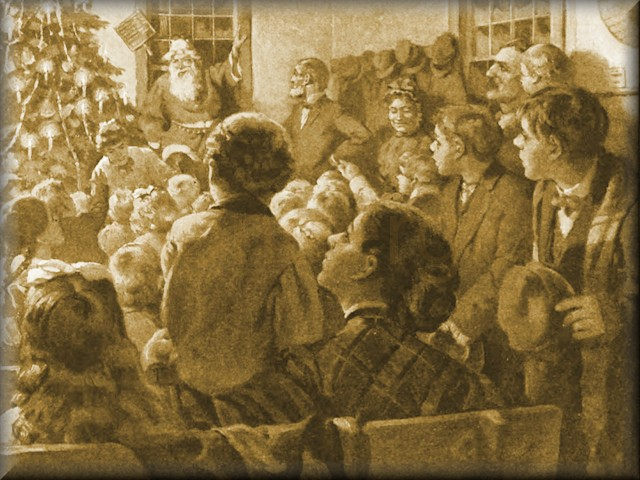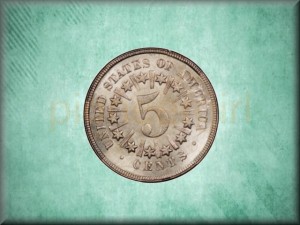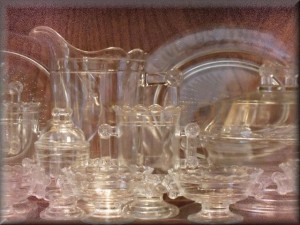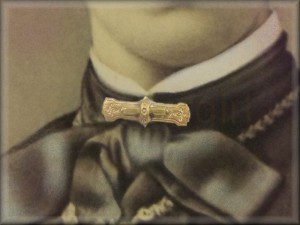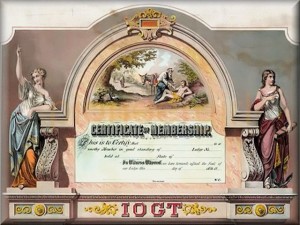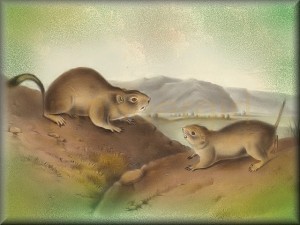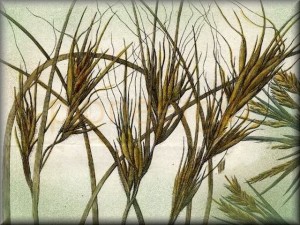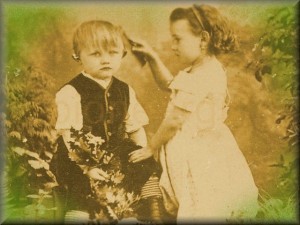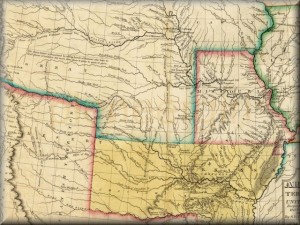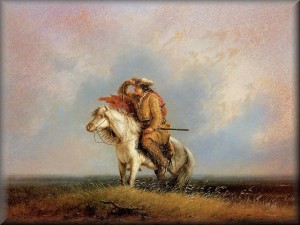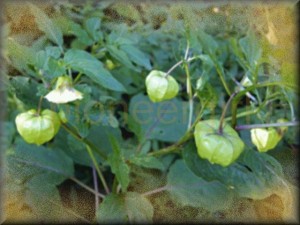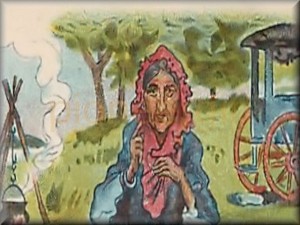G
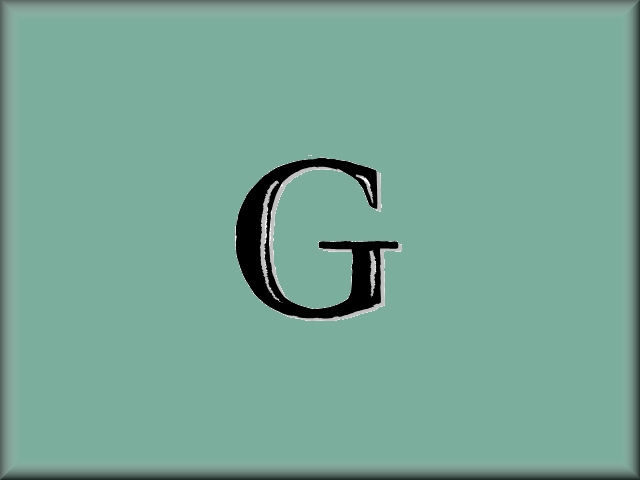
The seventh letter, and the fifth consonant letter of the English alphabet. It has two sounds; one simple, as in gave, go, gull; the other compound, like that of j, being nearly equivalent to dzh, as in gem, gin, dingy. The former is commonly called the hard sound of g, and is that which this letter has begore a, o, u, l, and r, and also when final; the latter is commonly claled the soft sound of g, and usually occurs before the vowels e, i, and y, though in some words it has its hard sound before these vowels. — Webster, 1882
Click on an image below to learn more.
Wait, there’s more!
The following is an incomplete list of the remaining indexed main headings. Once a completed entry has been uploaded, it will be removed from the list below and added to the links above. Subheadings, reference locators, and cross-referenced subentries are not included in this list. Always consult the completed entry for referenced source of definition used below.
Gallagher – In The Long Winter, used in the phrase, “Let ‘er go, Gallagher,” of unknown origin, but appearing as a common phrase in an 1889 published play, meaning, “Let’s begin!”
gallop – A mode of running by a quadruped, particularly by a horse, by lifting alternately the fore feet and the hind feet together, in successive leaps and bounds. To move or run with leaps or bounds, as a horse; to run or move with speed.
galluses – Straps worn for holding up pantaloons; braces.
gambling / betting – To gamble is to play a game for money or other stake. A bet is that which is laid, staked, or pledged, as between two parties, upon the event of a contest or any contingent issue; the act of giving such a pledge; a wager.
game – Animals pursued and taken by sportsmen; wild meats designed for, or served at, table.
game, play – Sport of any kind; jest; frolic.
gang – A number going in company; hence, a company, or a number of persons associated for a particular purpose; a gang of sailors, &c.
gangling – A tall, thin person with awkward movements.
garter snake – The striped snake, of which there are two species, both harmless, common in the United States, Eutania sirtalis, and E. ordinata, the latter being found only in the Southern States.
gas in the well – Gas. An airborne fluid. In popular usage, a mixture of carbureted hydrogen and olefiant gas or bi-carbureted hydrogen, which gives a brilliant light when burned, and is the common gas used for illumination purposes.
gaunt – Attenuated, as with fasting or suffering; lean; meager; pinched and grim.
gee – To cause to turn, as a team, to the off side, or from the driver; as to gee a team of oxen.
geezer – An appellation, sometimes, but not necessarily, of derision and contempt; applied to both sexes, but generally to men.
gelding – A castrated animal, chiefly a horse.
gelatin – An animal substance found in the skin, the cellular membranes, and membranes generally, whose distinguishing character is that of dissolving in hot water, and forming a jelly on cooling. When pure, it is colorless, transparent, and insipid. It has been used as an article of food, but is now regarded as destitute of nutritious qualities.
gent – Gentleman.
geography – The science which treats of the world and its inhabitants; a description of the earth, including its physical structure and characteristics, natural products, political divisions, and the people by whom it is inhabited.
George, Grandpa’s brother – Laura’s grandfather in Little House in the Big Woods is Charles Ingalls’ father, Lansford Ingalls, who did not have a brother, George. The brothers from the story refer to Charles Ingalls’ brothers, with the story based on Rose’s tale in When Grandma was a Little Girl, where the generations are sometimes confused.
German – A native or inhabitant of Germany. One who speaks German.
gesticulating – Gesticulate. To make gestures or motions, as in speaking; to use postures. To represent by gesture; to act. Making gestures to express passion or enforce sentiments. Motion of the body when speaking, or in representing action or passion, and enforcing arguments and sentiments.
giddap – Giddyap, giddy up. An exclamation used to command a horse to speed up.
gilt / gild – Gold laid on the surface of a thing. To overlay or overspread with a thin covering of gold; as, a gilt frame; hence, to cover or color with a gold-like color.
ginger – A plant of the genus Zinziber, found in both the East and West Indies. The species most commonly known is Z. officinalis, the hot and spicy root of which is extensively used in cooking and in medicine.
Git out the way for Old Dan Tucker, see “Old Dan Tucker”
glass – A mirror.
glass box – Trinket box of unknown origin, with glass sides etched with snowflakes and paper flowers under its glass lid. Laura Ingalls Wilder’s glass box is on display at the museum in Mansfield.
gnat – A delicate blood-sucking fly of the genus Culex, having a long proboscis, and undergoing a metamorphosis in the water. The females have the proboscis armed with lancet-like stings, and are famous for the annoyance they create. The males are destitute of stings, and are further distinguished by their plume-like antennae. The mosquito is a well-known example of the genus.
goad – A pointed instrument used to urge on a beast to move faster; hence, any thing that urges or stimulates.
God – As this word and good are written exactly alike in Anglo-Saxon, it has been inferred that God was named from his goodness. But the corresponding words in most of the other languages are not the same, and it is believed no instance can be found of a name given to the Supreme Being from the attribute of goodness. It is probably an idea too remote from the rude conceptions of men in early ages. With the exception of the word Jehovah, the name of the Supreme Being appears usually to have references to his supremacy or power, and to be equivalent to lord or ruler. In the present case, there is some evidence that this is the sense of this word; for, in Persian, goda, or knoda, signifies lord, master, prince, or ruler. – 1. An object of worship; a being conceived of as possessing divine power, and to be propitiated by sacrifice, worship, &c.; a divinity; a deity. 2. The Supreme Being; the eternal and infinite Spirit, the Creator, and the Sovereign of the universe; Jehovah.
Frederick Goff family – Walnut Grove carpenter and manager of the lumberyard.
gold / golden – A precious metal of a reddish yellow color, and metallic luster. It is remarkable for its ductility and malleability, and also as occurring in a metallic state in nature. It is one of the heaviest of the metals, and not being subject to oxidation or other change from exposure to the atmosphere, is well fitted to be used as coin. It is not acted upon by acids, but readily forms alloys. Gold occurs in metamorphic rocks, and usually in quartz veins; by the decomposition or degradation of these, it is found in more recent alluvial soils.
goldenrod – A tall herb common in the Unites States, bearing graceful heads of yellow flowers. The name is common to plants of the genus Soldiago.
goods – A valuable possession or piece of property; especially, and almost universally, in the plural, goods; wares, commodities, chattels.
gores – A wedge-shaped or triangular piece of cloth, canvas, &c., sewed into a garment, sail, &c., to give greater width at a particular point.
goose – An aquatic fowl, of the genus Anser. The common goose lives chiefly on land, and feeds on grass; it is supposed to be the wild goose domesticated. The soft feathers are used for beds, and the quills for pens. The wild goose is migratory.
Government / government – The person or persons authorized to govern or administer the laws; the ruling power; the administration; as, to be obedient to the government; to rebel against the government.
governor – One who is invested with supreme authority in the state; a chief ruler or magistrate; as, the governor of Pennsylvania.
grade / railroad grade / grading – In a railroad or highway, the rate of the ascent or descent; usually stated as so many feet per mile, or as one foot rise or fall in so many of horizontal distance; as, a heavy grade; a grade of twenty feet per mile; or of 1 in 264; a gradient; deviation from a level surface to an inclined plane. A graded ascending or descending portion of a road; a gradient.
graduate – To admit or elevate to a certain grade or degree, especially, in a college or university, to admit to an honorable standing defined by a diploma.
grain – The fruit of certain kindred plants which constitute the chief food of man, viz., corn, wheat, rye, oats, &c., or the plants themselves; – used collectively.
graining – The process by which maple sap is boiled until sufficient water has evaporated and sugar crystals form. The final cooling is done by stirring the boiled sap continuously until grains (small crystals) of concentrated maple sugar is the result. The final product may be dry and lumpy, resembling commercial brown sugar in appearance. [A. Hugh Bryan, et. al. Production of Maple Sugar. 1924 United States Department of Agriculture Bulletin 1366.
grammar / English grammar – 1. The science of language; the theory of human speech; the study of forms of speech, and their relations to one another. 2. The art of speaking or writing with propriety or correctness, according to established usage; the normal or right use of language. 3. A treatise on the principles of language; a book containing the principles and rules for correctness in speaking or writing. 4. A treatise on the elements or principles of any science.
Grand right and left – A circular weaving in and out in a square dance in which the men go in one direction and the women in the opposite, all dancers joining first their right hands and then left.
grand-stand – Seating area, usually covered, for the best viewing of a race or other sporting event.
grape – The fruit of the vine; but commonly a single berry of the vine. The common grape-vine is Vitis vitifera, and is a native of Central Asia. Another variety is that yielding a small seedless grape commonly called Zante currants. The northern Fox-grape, or Muscadine, is the V. vulpinus. The Frost-grape is V. cordifolia, which has very fragrant flowers, and ripens after the early frosts, whence the name.
grass flower / grassflower – Possibly taken literally, the flowers formed on grass stalks, such as those of bluestem or grama. May also mean any flower growing among prairie grasses.
grasshopper – A jumping orthopoterous insect of the genus Gryllus, having four joints to each foot, and green or transparent wing-covers that drop down on each side, under which the wings are folded in plaits like a fan. It feeds on grass or leaves. There are many species in the United States, as the Gryllus vulgaris of New England, which seems to be represented by the G. agillis of the Southern States. The katydid is a familiar example.
graveyard – A burial ground.
gravy – The fat and other liquid matter that drips from flesh in cooking made into a dressing for the meat when served up.
graybeard – An old man.
grease – Animal fat in a soft state; oily or unctuous matter of any kind, as tallow, lard; especially the fatty matter of land animals, as distinguished from the oily matter of marine animals.
Great Britain – England, Scotland, and Wales, collectively.
Great Horn Spoon – References the Big Dipper, as in the expression, “By the Great Horn Spoon!”
Grecian – One well versed in the Greek language, literature, or history.
“Green Grows the Laurel” – The song.
Green Mountain Boys – Late 1760s’ militia organization, formed in the territory between the British provinces of New York and New Hampshire.
griddle – A pan, broad and shallow, for baking cakes.
grind – To reduce to powder by friction, as in a mill.
grindstone – A flat, circular stone used for grinding or sharpening tools.
grove – A cluster of trees shading an avenue or walk; a group of trees smaller than a forest, and without underwood, planted, or growing naturally as if arranged by art, and very generally attaining their full proportions; a wood of small extent.
grub, animal – A fleshy, dingy-colored larvae, whether proceeding from the eggs of a beetle, moth, or other insect; especially, a larvae of a beetle or weevil.
grub, working the soil – Digging; to dig up by the roots; to root out by digging; – followed by up; as, to grub up trees, rushes, or sedge.
gruel – A kind of light, liquid food, made by boiling meal in water.
gulch – A ravine, or dry water-course; a gully.
gull – A web-footed sea-fowl, of the genus Larus, with long, narrow wings and with a straight beak hooked at the tip. The common gull is the Larus zonorhunchus.
gully – A channel or hollow worn in the earth by a current of water; a gulch.
“By gum!” – Gumption. Capacity; shrewdness.
gun – A weapon which throws or propels a missile to a distance; any firearm or instrument, except the pistol and mortar, for throwing projectiles by the explosion of gunpowder, consisting of a tube or barrel closed at one end, in which the missile is placed, with an explosive charge below, which is fired through a small hole or vent. Muskets, rifles, carbines, and fowling pieces are smaller guns, for hand use. The word gun was in use in England for an engine to throw a thing from a man long before there was any gunpowder found out.
gunny sack – A strong, coarse kind of sacking, made from the fibers of two plants of the genus Corchorus (C. olitorius and C. capsularis), of India. The fiber is also used in the manufacture of cordage and a coarse linen called tut. From the Hindu and Bengal gon, a sack or bag of coarse cloth fastened on the side of a beast of burden, to carry grain in.
gunpowder / powder – A mixture of saltpeter, sulphur, and charcoal separately pulverized, then granulated and dried.
Gus, student in school near Laura’s aunt, Martha Quiner Carpenter. Possibly August Hansen, the son of Carpenter neighbors.




